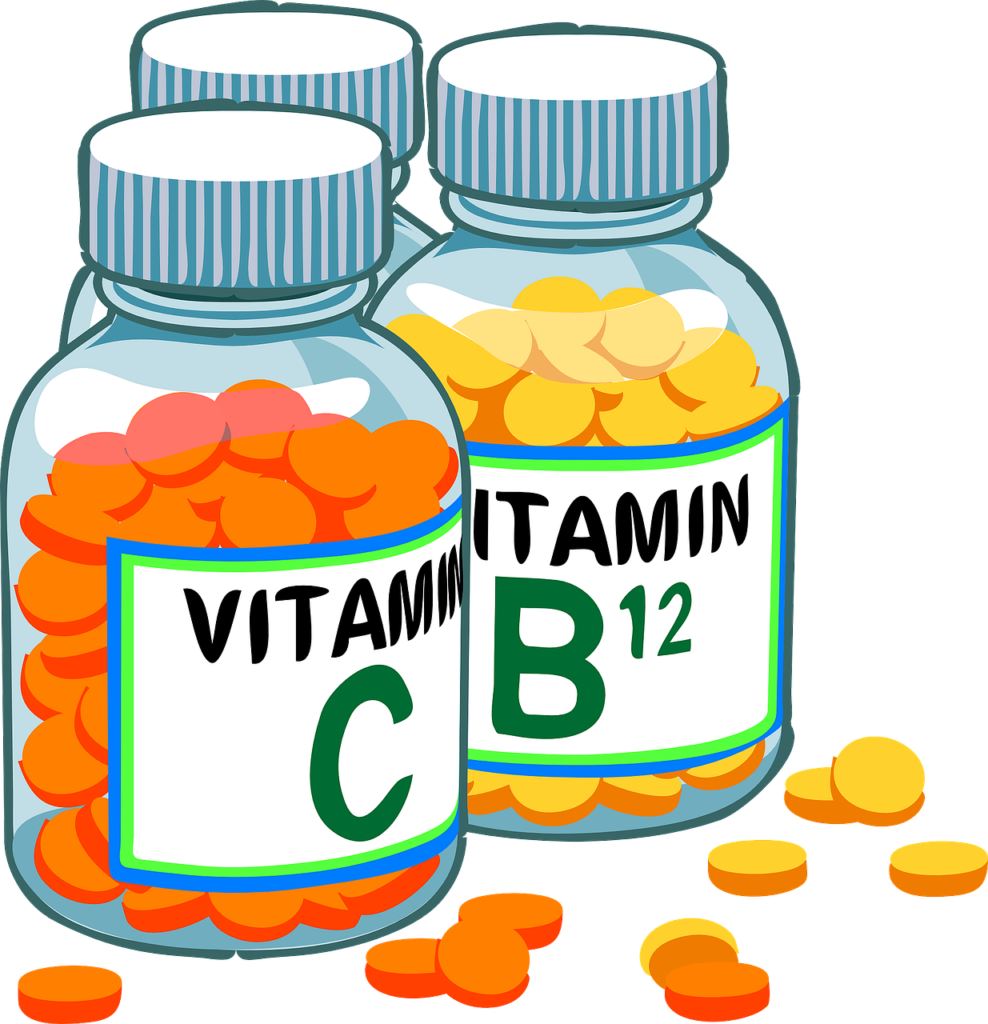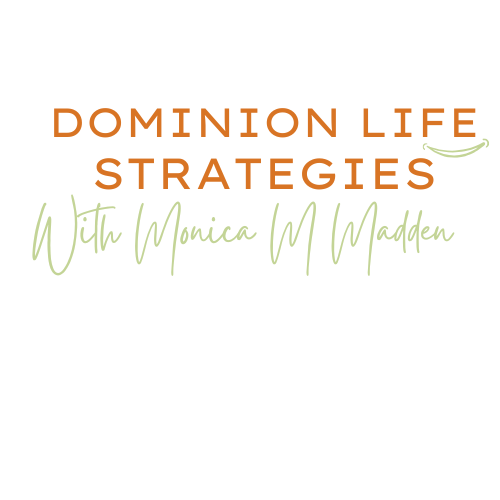We consume so many toxins, so the body has to work hard to process the synthetic artificial versions of our vitamins and supplements to get what we need. God created our bodies with cells that replace themselves throughout the day (another blog); every seven years, our entire cellular system renews itself entirely. However, our bodies have to work so hard to process the toxins that put an overload on our cellular system.
Cyanocobalamin, or the infamous vitamin B12, is in most of our vitamins. Cyanocobalamin is the synthetic, manufactured version of B12 made with a cyanide molecule. It’s the cheapest, easiest, and quickest way to make a version of B12. The microwave society wants things right now in the most accessible and affordable manner. Most consumers are not aware of the things that we consume. Because of the way the system is set up, the best form of B12 or any other product is not affordable or accessible to the average person.
Cyanocobalamin, think of how the word starts; CYAN, and not the color, includes a cyanide molecule. The article: https://www.ncbi.nlm.nih.gov/books/NBK555964/#:~:text=The%20name%20cyanocobalamin%20derives%20from%20the%20cyanide%20group%20attached%20to%20the%20molecule.
states, “Cyanocobalamin is a medication used to manage and treat vitamin B12 deficiencies. Chemically it belongs to a class called “corrinoids,” and it is a crystallizable cobalt complex. The name cyanocobalamin derives from the cyanide group attached to the molecule. “
Considering that you would never knowingly consume any form of cyanide, “we” consider cyanocobalamin ‘safe’! The manufactured vitamin is absorbed in our intestines, goes into the bloodstream, and is stored in the liver. An excerpt from the article:
“Cyanocobalamin absorption occurs through the small intestine … When given via the parenteral route, it reaches the blood immediately… In the blood, it attaches itself to plasma proteins. Tissues absorb vitamin B12 …, allowing it to enter the cells. Most of the vitamin is stored in the liver. Vitamin B12 is essential for DNA synthesis and energy production, particularly in erythroid progenitor cells.”

Who are they kidding? Did you see most of the vitamin is stored in our liver, the organ that processes our blood and breaks down our nutrients carried through our blood? While we need B12 for energy, a toxic manufactured version of B12! Anything slightly toxic drains energy because our body has to work harder to convert the toxins into a suitable form. Now, be honest, would you knowingly consume anything that has cyanide? Do you even know the side effects of the ingredients allowed in our ingestible products? I’ll save you from searching the article; it can cause itching and skin issues, and the injected version can cause anaphylaxis (allergic reaction like a bee sting), shortness of breath, congestive heart failure, numbness, and the list goes on. Other side effects I found on various sites are stomach pains, gum and nose bleeds, chest pain, and wheezing. Even though other things may cause the above reactions, taking cyanocobalamin increases the risk of side effects. What makes it even more interesting is it is said to contain benzyl alcohol which is associated with infants death due to the gasping syndrome.
While cyanocobalamin is the synthetic form of B12, three other natural forms could be used in our B12. The three forms that are bioidentical to what’s produced in our bodies are hydroxocobalamin (OHCbl, adenosylcobalamin (AdCbl), and methylcobalamin (MeCbl). The difference between the toxic Cyanocobalamin form of B12 and the others is cyanocobalamin is easiest, faster, and cheaper to produce. Because the form is labeled as non-toxic, it is approved to be used; we should be leery when anything we purchase says it’s made with B12. In another article on the government site written on the study of the various types of B12: https://www.ncbi.nlm.nih.gov/pmc/articles/PMC5312744/#:~:text=Three%20natural%20forms%20of%20vitamin,human%20physiology%20and%20animal%20foods.
States:
“In contrast, cyanocobalamin (CNCbl), a synthetic B12compound used for food fortification and in some supplements, occurs only in trace amounts in human tissues as a result of cyanide intake from smoking or other sources. However, CNCbl continues to be used for food fortification and in some supplements, probably owing to its low cost and heat stability.”
If you’re interested, the study on B12 types as well as my human biologist mentor says that the best version that our bodies need is: methylcobalamin, the form of B12 consumable in which the body does not have to work hard to break it down, does not produce more of the compounds and gives us we need for B12.
You may recall being told something is better than nothing if you’re anything like me. Is that true when something has an ingredient you would never otherwise consume?

Like you, I started taking vitamins as a child, so I had been consuming this B12 vitamin in its toxic form for over 40 years. I started on my toxic-free journey in 2016 to realize that life will never be toxic-free, so I call my lifestyle a “reduced toxic load” lifestyle. When I find a product has anything that may be toxic, I do what I can to eliminate it from my house. I do what I can to eliminate it from God’s temple.
Here’s the last blow to the gut, the substance is in our children’s vitamins, and we unknowingly give it to them. Many reputable companies produce high-quality vitamins; however, no matter how high quality the vitamin, the concern is that some of the ingredients used are hurting us. When we know the difference, we can choose which products we purchase. Some of the times we choose the most affordable product expecting to save money; however, there is always a tradeoff, save money now with the least expensive products and be sick later with high medical bills later, or buy higher quality products with the least amount of toxins now and save our health and on our medical bills.

Something to think about:
1. Is something better than nothing in your B12 vitamin?
2. Could cyanocobalamin be another thing that contributes to our health issues, and why most of the
population stay sick?
3. Is B12 in the form of cyanocobalamin worth risking you and your family’s health?
This blog is informational only! I am not giving medical advice! I am not telling you to throw anything away. I’m just providing the information so you can decide about the products you buy and consume. It’s one thing to choose to consume products with cyanide molecules; it’s another thing to consume products that we are not aware are toxic. Talk with your doctor about your options.
Watch for my blog next week on how toxic ingredients are allowed in our supplements and food.

